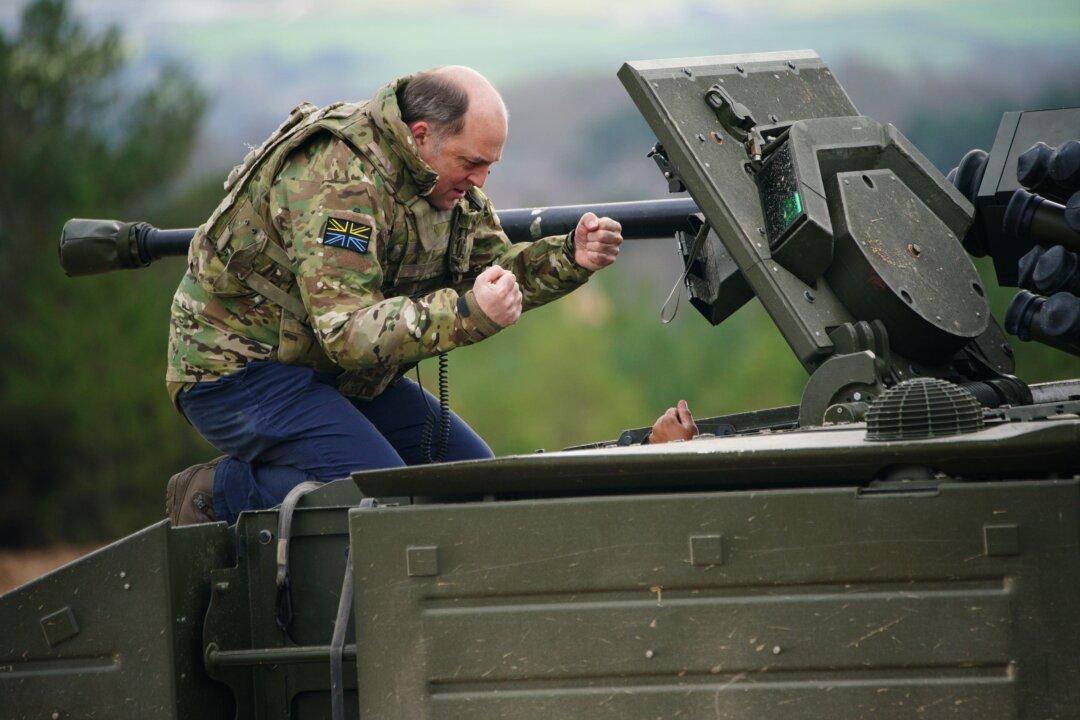The army’s “troubled” Ajax armoured vehicles order is now back on track after remedies were put in place to fix the issues, Defence Secretary Ben Wallace said on Wednesday.
Inspecting Ajax trials near the Bovington Camp, Wallace said the Ministry of Defence (MoD) aims to deploy the vehicles soon after the testing programme is completed in about 16 months’ time.





